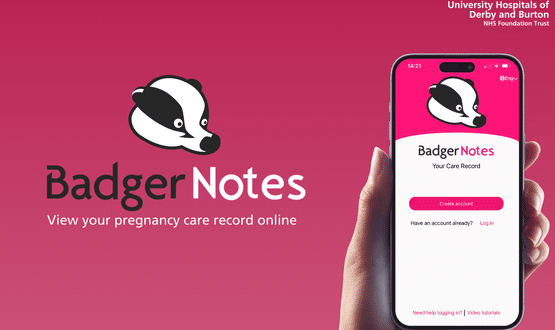Alder Hey staff to use electronic devices to identify early warning signs
- 14 November 2019

Electronic hand-held devices are being used to record patients’ vital signs at Alder Hey Children’s Hospital NHS Foundation Trust as part of a study.
Staff at the trust are currently using electronic devices to record breathing rate, effort of breathing, oxygen saturation, oxygen requirement, heart rate, blood pressure, capillary refill time, temperature and nurse or parental concerns.
The recorded data will automatically calculate an age-specific paediatric early warning score (PEWS), which categorises the risk of developing serious illness into low, medium, high or critical. These scores and signs suggestive of sepsis are automatically flagged to staff to help them recognise the early signs of deterioration, with a view to reducing emergency admissions to critical care.
The DETECT study (Dynamic Electronic Tracking and Escalation) to reduce critical care transfers has been funded by a £1.25m grant awarded by the National Institute for Health Research Invention for Innovation Programme (NIHR).
PEWS lead at Alder Hey, Gerri Sefton, said: “Developing an early warning system for children is much more complex than for adults.
“Children’s rate of breathing, heart rate and blood pressure alter significantly from birth to adulthood, so the model we use to judge how unwell a child is has to change with age. Children require five different age specific risk models, while adults have just one.”
The study involves System C, with the healthcare IT supplier’s CareFlow Vitals software platform powering the electronic devices.
Automated alerts are sent about the sickest children and concerns can be escalated directly to the clinical team, without the nurse leaving the patient’s bedside. Laboratory results are sent to devices to help to identify when a child might have sepsis, a serious illness associated with an overwhelming response to infection.
Markus Bolton, joint chief executive of System C, said: “The early warning scores we developed with NHS partners have gone on to have a significant impact on mortality and length of stay.
“We are pleased to be investing in a continuation of this work with CareFlow Vitals, using an age-specific paediatric early warning score, a clinical prompt for sepsis, decision support and escalations – all underpinned by scientific evidence. We look forward to operationalising the research findings as they emerge.”




